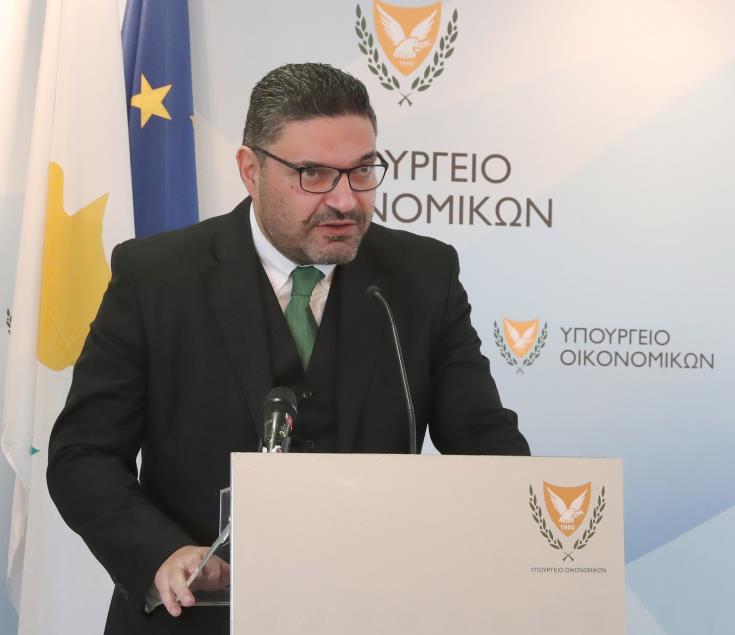Next year, Cyprus will proceed with tax reforms, including increasing corporate income tax and introducing green taxation to achieve its environmental targets, Finance Minister Constantinos Petrides said.
Speaking before the Parliament’s plenary ahead of the 2022 budget debate on Thursday, Petrides said the tax reforms would be “fairer, fiscally neutral” and finalised in 2022.
“It provides the Republic of Cyprus an opportunity to improve its national taxation framework through the reduction of administrative burden with a reduction of the taxation burden for businesses securing a neutral reform,” said Petrides.
Cyprus is part of a global agreement for 15% taxation on global multinational companies.
“In our estimates, increasing corporate tax in Cyprus from 12.5% to 15% will not affect foreign investments in Cyprus to a substantial extent.
“As an investment destination, Cyprus has comparative advantages that offset this minor corporate tax hike.”
Apart from the increase in corporate taxation, Cyprus will consider issues such as reducing extraordinary contribution on deemed or real distribution of dividends, reducing contribution on interest income, and the reduction or abolition of the €350 annual company levy.
The reform, he added, also includes the introduction of carbon taxation, the gradual increase of taxation on fossil fuels and the introduction of environmental levies.
“To attaining our environmental targets and the overhaul of the VAT rates based on the recent Ecofin decision for products associated with public health and green and digital transition.”
Moreover, Petrides stressed the importance of absorbing EU funds, especially from the Recovery and Resilience Fund.
“The utilisation of this tool is particularly important due to the reforms we committed to implementing through the National Recovery and Resilience Plan.”
Petrides called on the MPs to approve the budget, stating that this budget aims at “sustainable development and social cohesion.”
He also urged MPs to refrain from submitting draft bills for increased state spending without proposing offsetting measures.
“Fiscal sustainability, the importance of which has been proven as never before during the crisis, is not something we must jeopardise.”
He added that public finances are still vulnerable to a new potential wave of the Covid pandemic.










